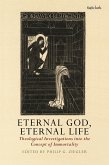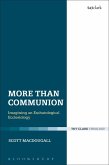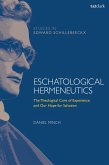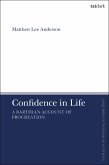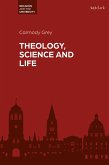Confidence in Life offers a theologically-robust evaluation of the good of procreation, which emerges out of both careful interactions with contemporary analytic philosophy and a reconstructed reading of Karl Barth's doctrine of (pro)creation. While analytic moral philosophy has rarely been brought into close proximity to Barth's work, the conjunction underscores the deep difficulty of accounting for procreation's value within non-theological frameworks, and helps clarify what is distinctive and valuable about Barth's own moral reasoning on this subject.
Though primarily staged as an intervention in Protestant moral theology, Confidence in Life's rehabilitation of the Virgin Mary's role in Barth's thought has promise for an ecumenical retrieval of the good of procreating within the economy of redemption-and its retrieval of honour as an indispensable aspect of Barth's theology will be of interest to Barth scholars and moral theologians alike.
Though primarily staged as an intervention in Protestant moral theology, Confidence in Life's rehabilitation of the Virgin Mary's role in Barth's thought has promise for an ecumenical retrieval of the good of procreating within the economy of redemption-and its retrieval of honour as an indispensable aspect of Barth's theology will be of interest to Barth scholars and moral theologians alike.



